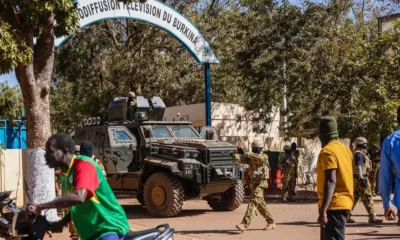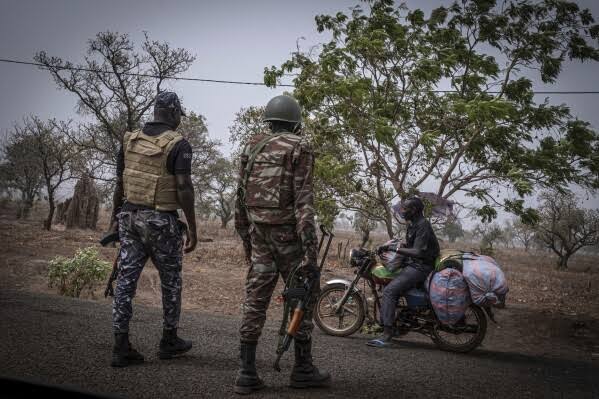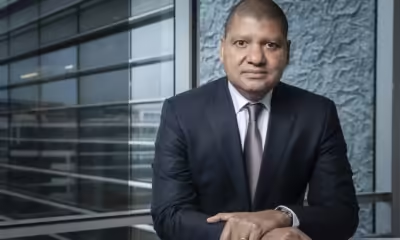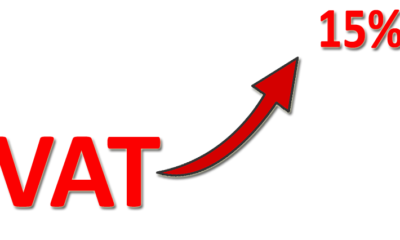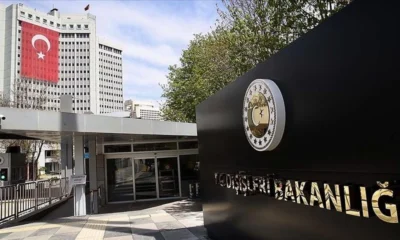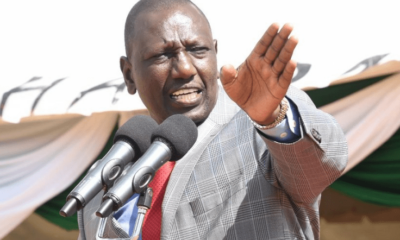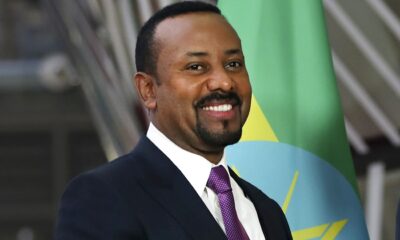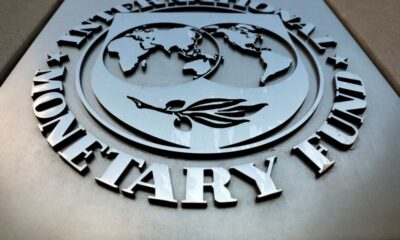Jean-Louis Billon, the former commerce minister of Ivory Coast, announced on Friday that he would challenge party head and former CEO of Credit Suisse, Tidjane Thiam, for the opposition PDCI party’s candidacy in the country’s 2025 presidential election.
The PDCI party, which dominated Ivory Coast from independence until the late 1990s but has had difficulty regaining power because of internal strife, may become even more divided due to Billon’s choice to run.
Thiam just won the PDCI leadership contest and returned to the country that produces the most cocoa worldwide.
His triumph stoked rumours that he may challenge or succeed President Alassane Ouattara. Neither man has made an official announcement about his plans.
Historically, the PDCI’s presidential candidate has been the organization’s leader.
The 59-year-old Billon was Ouattara’s trade minister and the former head of SIFCA, Ivory Coast’s leading agro-industrial organisation. In order to fairly choose the party’s presidential candidate, he demanded that a PDCI convention be held.
“I hope that this convention will be democratic, honest, and transparent, with no tricks or favouritism, no violence, and free from any tribal bias,” Billon said in a statement




